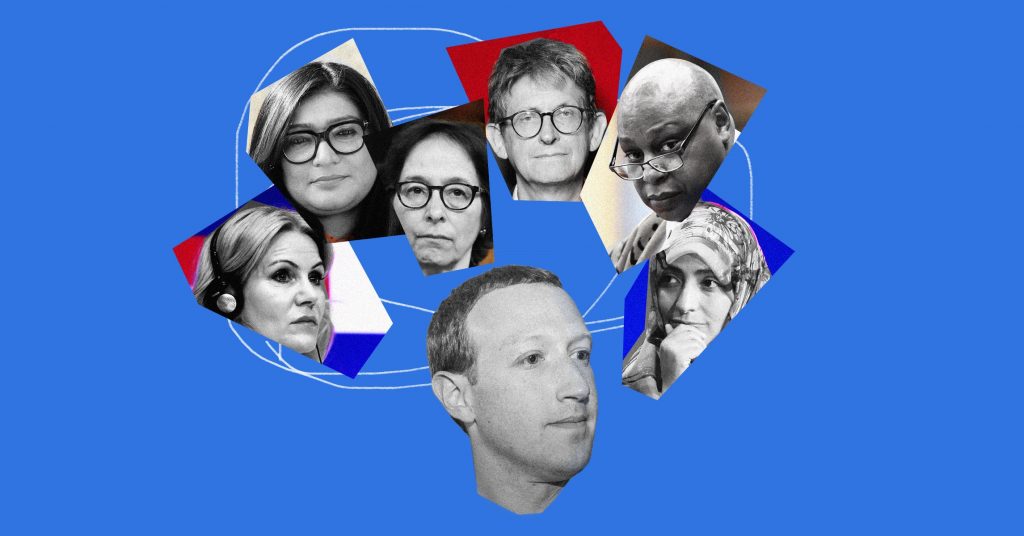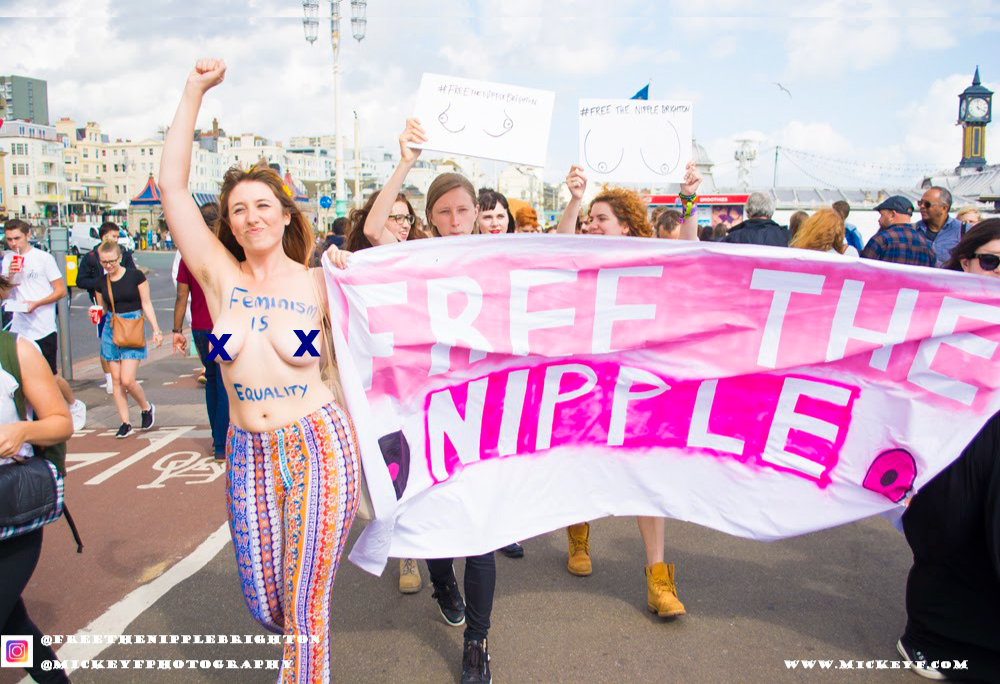
The Facebook Oversight Board, a group of twenty lawyers, journalists, politicians and human rights experts, has faced non-stop criticism ever since its formation. The launch in October 2020, which came almost a year later than promised by Facebook, is the platform’s attempt to moderate their own content, following criticism of the company’s struggle with misinformation during the US Presidential Election.
Whether or not content on the platform has interfered with democracy has been debated to such an extent that Facebook has even carried out their own research to attempt to answer the question. However, so far the creation of the Oversight Board has been met with more condemnation than commendation.
Is the Facebook Oversight Board doing more harm than good?
The role of the Oversight Board is to oversee the appeals process for Facebook users who have requested to have their removed posts be restored. A role previously being performed by Facebook policymakers. The concept? To afford Facebook users an unbiased body, which operates independently.

For one of their first cases, the Board were given ninety days to evaluate six cases. One of these included a set of Instagram posts featuring nipples, breaching Facebook’s no nudity policy. The question was whether the images should be allowed, given they were part of a breast cancer prevention campaign. Critics argue that granting a committee of experts three months to determine whether or not images of nipples for cancer prevention are appropriate, results in the Oversight Board’s “hope of creating lasting impact being doomed from the outset”.
There have also been issues with the way the Board is governed. Members are not allowed to communicate with government officials. This prevents the prospect of Board members opening up any discourse with committees, elected officials or government members, who may be legitimately connected with matters of free speech and human rights.
But, a critical issue is that the more appropriate alternative to a self-created Board is surely an external regulatory body. Professor Emily Bell at Columbia, argues that regulation cannot come from, or be funded by, the organisation itself. “That has to be a separate regulator with its power coming from legislation, not Zuckerberg’s cheque book. I don’t want the Federal Aviation Administration overseen by Boeing.”
“I don’t want the Federal Aviation Administration overseen by Boeing.”
Emily Bell, Professor of Professional Practice at the Columbia University Graduate School of Journalism
So, are there any benefits to the Board?
Some praise has been awarded to the creation of the Board. Casey Mattox, a senior fellow at the Charles Koch Institute, contends that the self-regulatory nature of the board saves Facebook from politicians “trying to impose their own partisan will on the platform”. Moreover, it defends Facebook from becoming “too US-centric” in its attitude towards content moderation.
Facebook has also latterly broadened the Board’s remit, responding to criticism that it was only able to appraise posts which had already been removed. Now, the Board may examine appeals relating to content that remains posted.
Supporters of the Board have suggested that it is the best solution to a difficult problem. Nick Clegg, formerly the UK’s deputy Prime Minister, now Facebook’s Vice-President of Global Affairs and Communications, explains that “it is not a perfect answer, but it’s the best answer that we can come up with in an imperfect world where there isn’t clear government or public regulation [about] how we should deal with issues like this”. Critics have responded to this line of argument by pointing out that the Board’s position as the best solution of a bad bunch of solutions is hardly a vote of confidence.
Will the ‘Real Facebook Oversight Board’ have any teeth?
The self-titled “Real Facebook Oversight Board“, formed by UK-based non-profit The Citizens is an external attempt to review Facebook’s moderation procedures and hold Facebook to account. Board member, and former early investor at Facebook, Roger McNamee, accused the company of “respond[ing] to criticism with bad faith statements and cosmetic changes”. The Real Facebook Oversight Board is comprised of academics, experts and civil rights leaders, and promises to act as a ‘watchdog’, broadcasting their weekly conferences via Facebook live. This rival board has promised to progress faster, electing to ‘focus squarely on election topics, including voter suppression, election security and misinformation’. Whether or not the rival board will really rival, or have any impact on, Facebook’s own Oversight Board remains to be seen.
